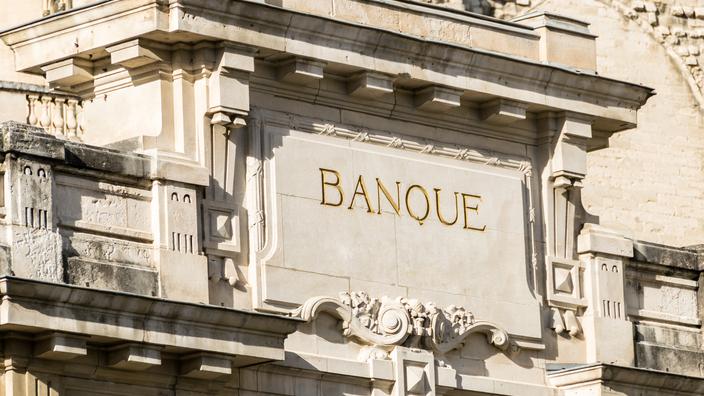The health crisis has accelerated the change in banking practices.
“
It has led to an acceleration in the use of digital banking channels,
” explains Philippe Bailly, president of D-Rating, the rating agency for the digital performance of retail banks.
From the first confinement in March 2020, the French locked up at home have therefore become accustomed to managing their accounts and carrying out transactions from the website or more frequently from the mobile app (80% of transactions) of their bank. .
And they used them longer, says D-Rating.
This suggests that they carried out more complex operations there than usual (consultation of balances, transfers, etc.), such as opening accounts or subscribing to financial products.
More comprehensive offers
Against all expectations, "
the winners of the Covid are not the neobanks
", estimates the president of D-Rating who noted 70 digital offers from 70 banks present in 15 European countries.
Neobanks (N26, Revolut, Orange Bank, etc.), banks on mobiles, renowned for their agility and their simple and functional apps have multiplied in recent years, but their offers remain mostly basic, with a current account and cards. banking.
“
Brands with very short offers, like N26 or Revolut, often used as a second bank by people who travel, have lost interest in the pandemic,
” adds Philippe Bailly.
These new players are dethroned by the traditional banks, which have surfed on the health crisis.
Hitherto jostled by neobanks, they have caught up with their digital delay and with the pandemic have accelerated the deployment of their online offers (opening accounts, insurance, financial products, etc.).
In addition, their apps are now equivalent or in some cases more functional than those of neobanks.
Compared to its first campaign dating from 2017, D-Rating thus notes “
an increase of 2 levels (from BB + to BBB) in the average rating of French banks
”.
“
There will be no turning back.
If customers have trouble getting to you, you risk losing out.
Those who had already accustomed their customers to using digital channels have already capitalized on it in 2020,
”said the head of D-Rating.
The first generation online banks (Boursorama, Fortunéo, ING ...) with complete offers, from bank cards to stock market investments have also performed well. D-Rating has thus just ranked Boursorama (a subsidiary of Société Générale), the leading digital bank on the Old Continent.
It is the only one to be rated A-.
thanks to its complete and 100% digital banking experience.
"
It is undoubtedly the bank in Europe that displays the greatest variety of digital offers and functions
", underlines Philippe Bailly.
“
Its customer journeys are very good, as are its site and its mobile application.
"





/cloudfront-eu-central-1.images.arcpublishing.com/prisa/2C5HI6YHNFHDLJSBNWHOIAS2AE.jpeg)




